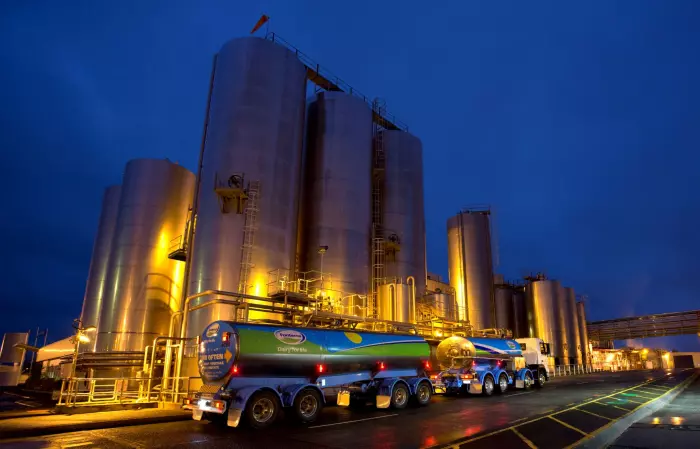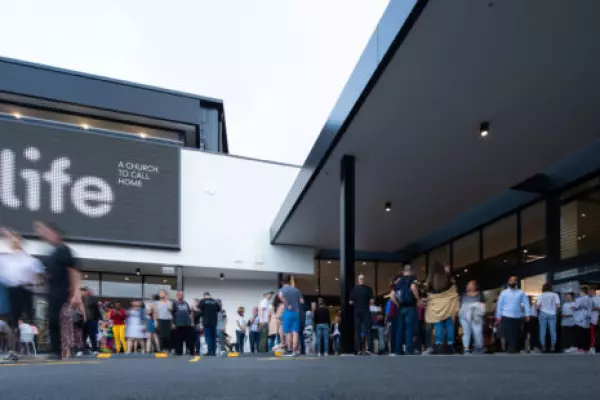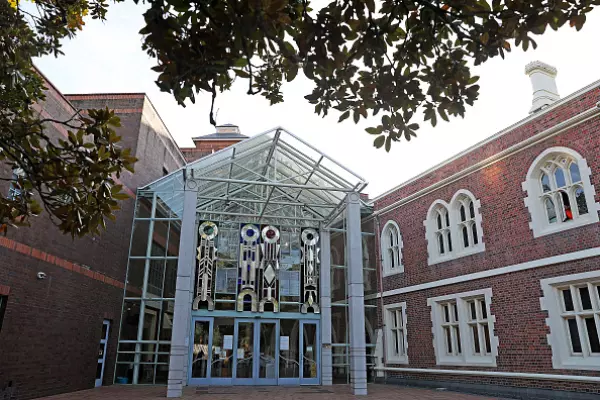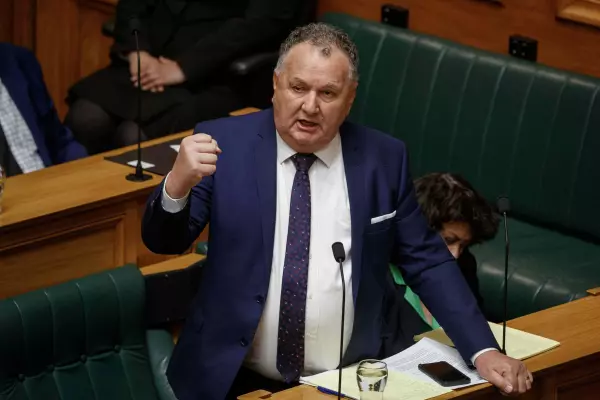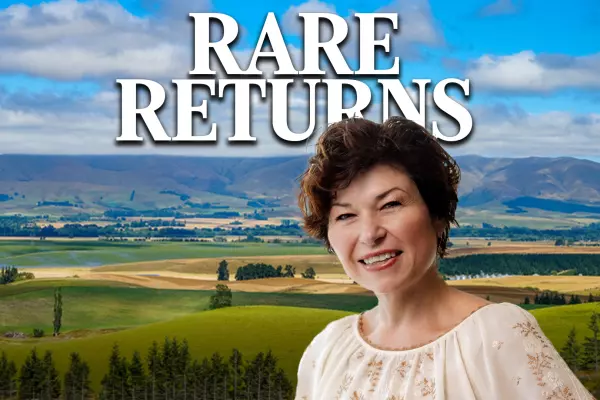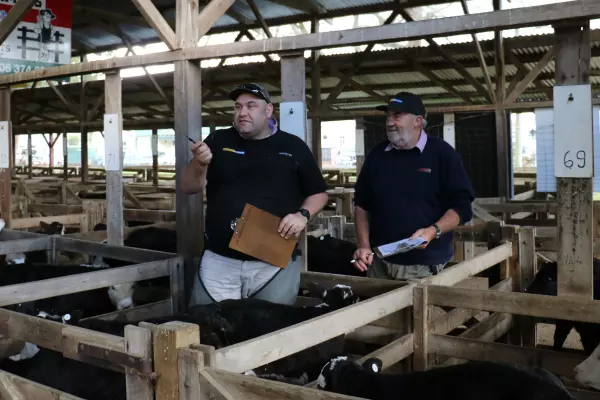A Marlborough dairy farmer who was forced to dump uncollected milk has lost his bid to recover $2 million worth of losses from Fonterra in the high court.
Philip Woolley of Glenmae farm received an environmental court order in 2014 stopping him from using his milk shed unless he got an engineer's certificate approving his effluent pond was well-functioning.
Fonterra then suspended milk collection from Glenmae, advising Woolley it could not collect milk that season unless the milking ban was lifted. Woolley had to dump his milk into his effluent system as a result.
However, Woolley claimed he had complied with the terms of the enforcement order on Sept 5 2014 when he obtained an engineer’s certificate approving the effluent pond as fit-for-purpose.
He alleged Fonterra’s decision to maintain its milk collection suspension was unreasonable, invalid and breached the supply contract. He wanted $1.8m from Fonterra to cover the loss of milk, another $629,486 for the cost of paying out his contract milker, and an enquiry to find out how much Fonterra should pay towards the $3.4m cost of receivership.
In 2014, Woolley put his company Awarua Farm Limited into voluntary receivership after racking up nearly $200,000 in legal fees, upgrading the effluent ponds and getting little income from the 2014 dairy season. The receivership ended in Sept 2016 with $274,688 repaid to unsecured creditors.
A high court decision issued in December 2018 said Woolley suffered "serious financial consequences" as a result of Fonterra not collecting the milk. Associate Judge Matthews dismissed Fonterra’s application for summary judgement to prevent Woolley from taking his case to trial. Matthews also instructed Fonterra to pay $40,000 worth of Woolley’s legal costs incurred in the summary judgement proceedings.
The high court trial took place in February 2021. However, in the decision released last week, Justice Andru Isac dismissed Woolley’s claim that Fonterra had breached the supply contract on the basis that the engineer’s certificate Woolley obtained did not actually meet the requirements of the environment court’s enforcement order.
Isac found that Woolley continued to milk in breach of the enforcement orders.
“Accordingly, any losses Mr Woolley claims to have suffered are the result of his own unlawful conduct and are not recoverable,” he said.
Contractual discretion, and whether the environment court order should have had any bearing on the commercial relationship between Woolley and Fonterra was a key topic discussed in the case.
Isac dismissed Woolley’s claims that the milk collection suspension was unreasonable because Fonterra did not properly investigate the engineer’s certificate or environment court order.
“Mr Woolley’s criticisms of the process it followed to arrive at that decision make no difference. His rights under the contract were unaffected because the cause of his inability to supply milk to Fonterra was a court order preventing him from doing so.”
Fonterra’s decision to maintain the suspension was objectively correct, he said.
He also noted Woolley’s long history of engaging in “dirty” dairy farming, and said the Fonterra was “between a rock and a hard place”.
“The position Fonterra faced by mid-2014 was this: a supplying shareholder had attracted adverse national media attention for dirty dairying on a number of occasions.
“If it collected Mr Woolley’s milk, as he was demanding in early September 2014, it ran the risk it would be facilitating his offending, and profiting in the course of doing so. That clearly had legal, commercial and reputational implications that were not lost on it”
Isac invited the parties to resolve costs between themselves or for Fonterra to file a memorandum within 15 working days.


